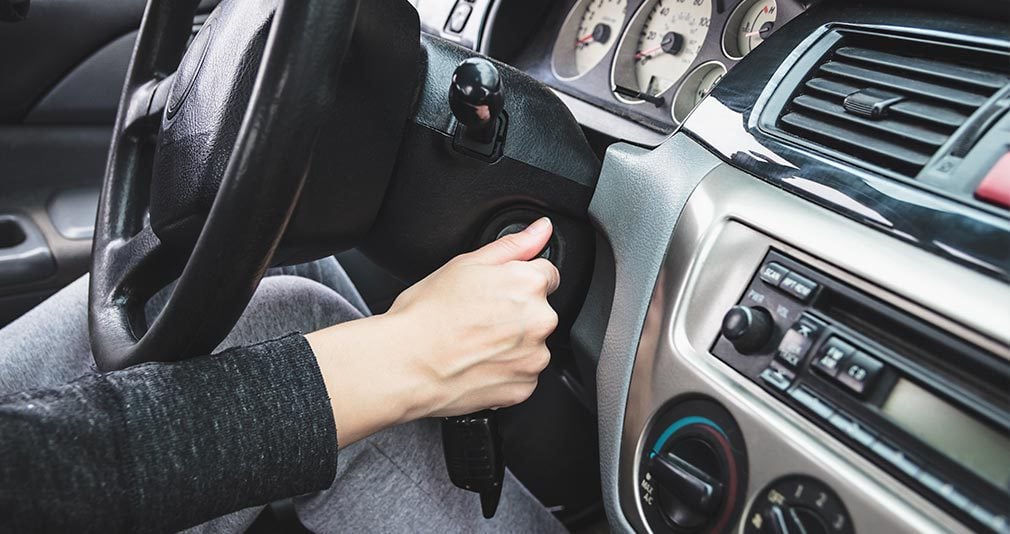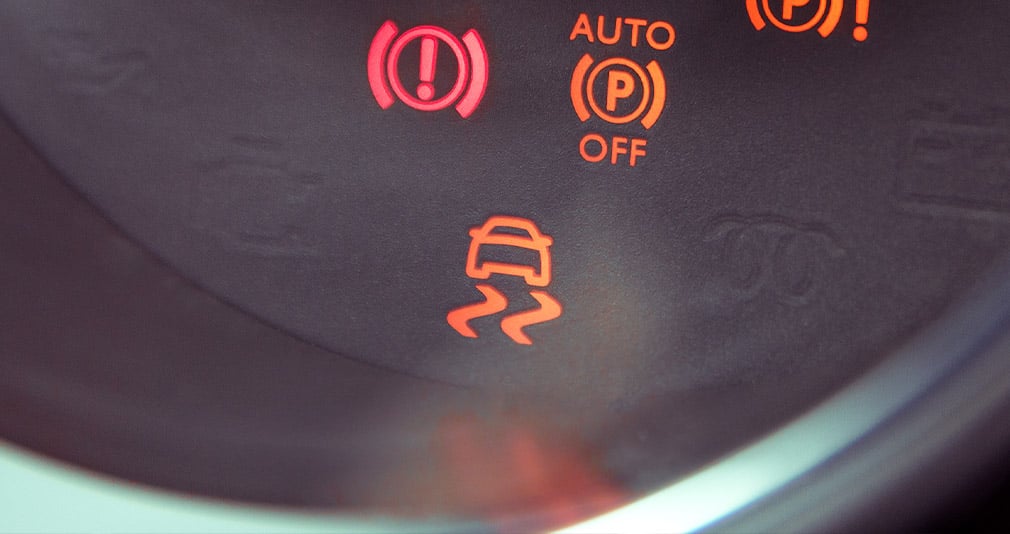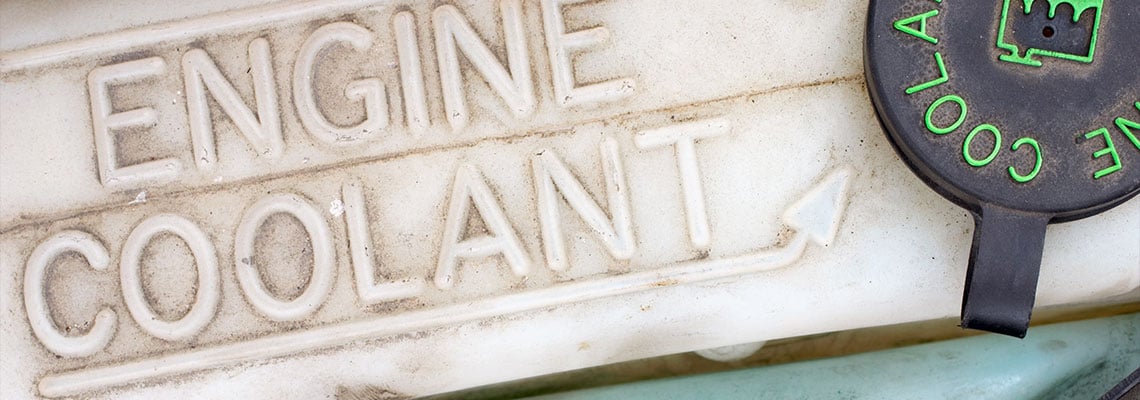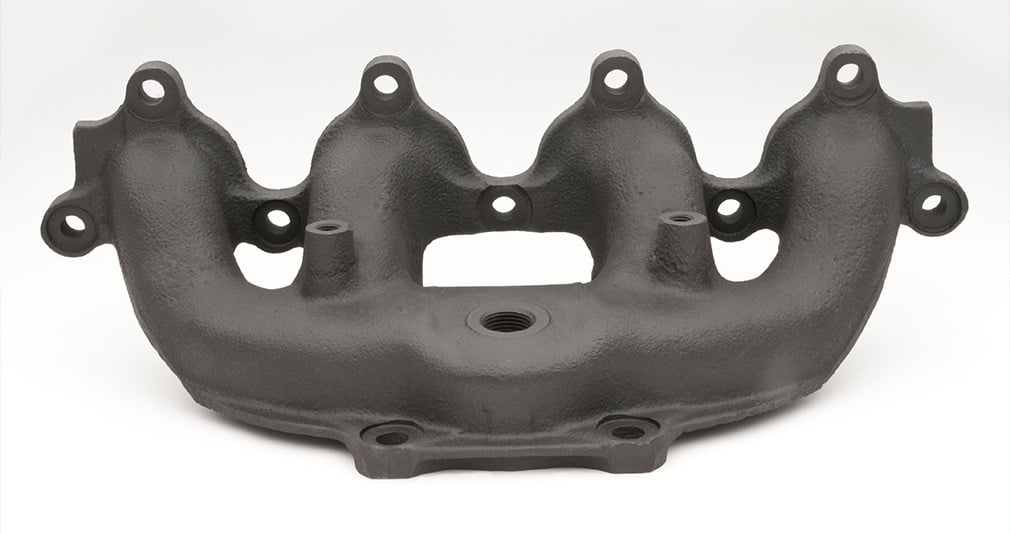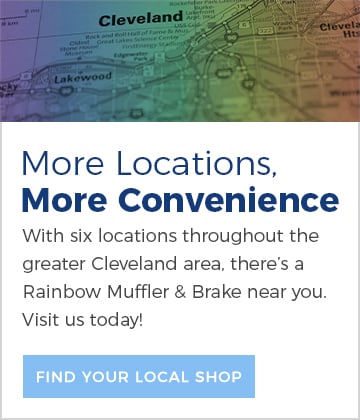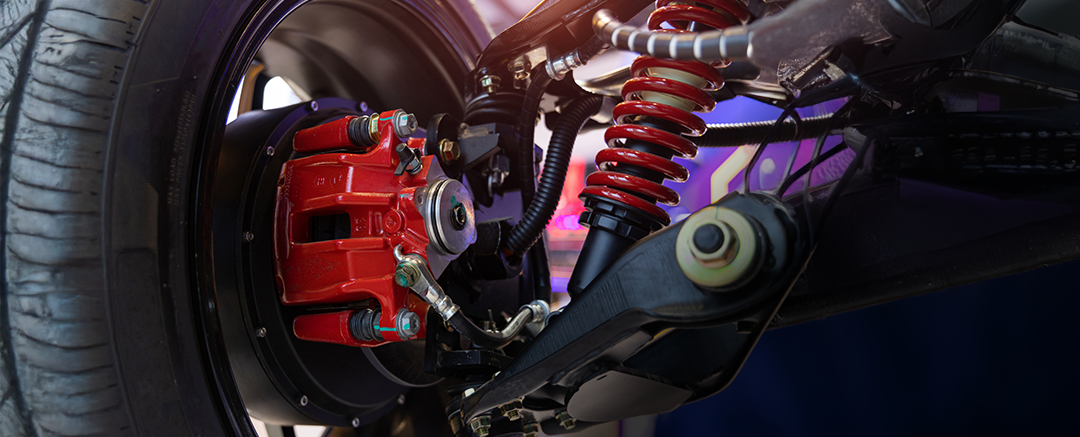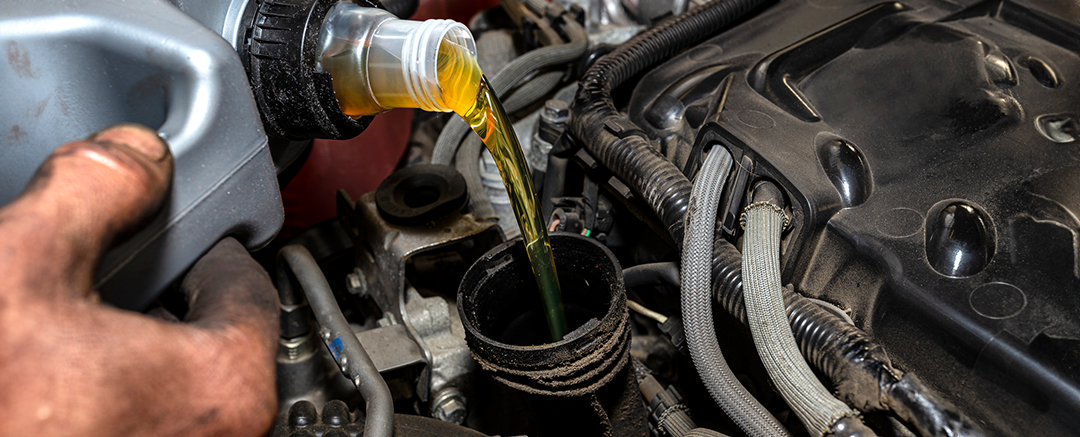Few sounds are more stress-inducing than an engine cranking over and over. By the time the car actually starts—if it does at all—you’re a ball of nerves worrying about being late to your destination, wondering if your car will start at your next stop or if it’ll leave you stranded. All the possibilities can fill you with anxiety.
A car taking longer to start can be attributed to a couple of reasons. Some are simple to address while others are a bit more complicated. Here, we’ll discuss six possible causes.
But first, let’s look at the steps needed to actually start your vehicle in the first place.
The Vehicle Starter: How It Works
When you turn your car key in the ignition or press your car’s start button, it triggers a battery-powered electric motor. This motor starts the engine’s rotation, which sucks air and fuel into its cylinders to mix together. That mixture will then be pushed into the engine’s combustion chambers, where the ignition system provides a spark. That spark ignites the fuel-air mixture, causing a small explosion, which pushes the piston down in the engine’s cylinder, powering the engine as the pistons are put in motion.
But this whole sequence begins with that first signal from the car key or ignition button, which feeds an electric current from the battery to a solenoid through heavy wires. The solenoid is a small switch that connects to an electromagnet to complete the starter circuit, turning on the starter motor. The electric starter motor is attached to a shaft that leads to a gear wheel, called a pinion. The pinion is connected to a larger gear ring on the engine flywheel or flex plate, which starts the engine’s rotation.
If all of that sounds a little complicated, it is. The starter system includes multiple components that work together to send signals from the ignition to the engine. An issue could arise with any one of these parts. The configuration and design of these pieces can vary depending on the age and make of your vehicle.
Thankfully, a good automotive technician will be familiar with the intricacies of many different types of vehicles. If you can’t figure out why your car is slow to start, you can—and should—enlist some help from professionals.
Why Is My Car Taking Longer to Start?
The reason for your car taking longer to start can depend on a variety of conditions including weather, battery health, starter health, fuel pump health, and other factors.
If your vehicle is slow to start, or if something seems to be wrong with your vehicle, it can be tricky to find the cause. That’s why you’ll want to get an estimate and diagnostic inspection from your local auto shop. Ohio-based Rainbow Muffler provides these services for free.
If you’re exploring what’s wrong for yourself, here are a couple of possibilities as to what’s plaguing your vehicle.
Troubleshooting Your Slow-Starting Vehicle
Symptom: Your car is slow to start and you can’t remember the last time you filled up with gas.
Possible cause: You could be out of fuel, or there could be an issue with your fuel pressure.
How to address it: If you’re possibly low on fuel, round up some gasoline and add it to your gas tank to see if this eliminates the problem. If it doesn’t, an automotive technician will need to check the fuel pressure.
Symptom: Your starter doesn’t work at all, or makes strange noises. Your dash lights or headlights could dim while you’re starting the car.
Possible cause: Dead or dying battery.
How to address it: First, try jumping the car with jumper cables. Weather changes and using the battery with the engine off can both temporarily drain your charge. If jumping doesn’t work, an automotive technician can test the battery’s charge and examine the starter system’s terminals, cables and electrical connections. If necessary, the battery can be replaced.
Symptom: Your car is only slow to start first thing in the morning.
Possible cause: Electrical system issue, or weak battery.
How to address it:. There could be a hidden drain on the electrical system causing the issue. A mechanic’s diagnostics will point toward your next step.
Symptom: Your car is hard to start, and it’s definitely not the battery.
Possible cause: A computer or sensor issue is affecting the spark timing. It could also be your spark plugs.
How to address it: Your mechanic can run diagnostics to make sure your vehicle’s computer is functioning correctly. They can also look over your ignition coils and spark plugs.
Symptom: Your car only has trouble starting after you’ve been driving, and while the engine is still warm.
Possible cause: A faulty starter, or issues with charging.
How to address it: While your car is idling, look at how bright your dome light is. If it’s bright—that’s a good sign. Turn on every accessory in the car. If the dome light becomes dimmer, there could be a charging system issue. Consult your mechanic.
Symptom: Cold mornings make your car take longer to start.
Possible cause: Cool temperatures thicken your engine oil, which makes it harder to pump and causes your engine to work harder. Cold weather can also affect the strength of the current from your engine’s battery. It can also take more time for the fuel injectors to supply enough fuel to the engine for combustion.
How to address it: Give yourself a little more time to get out the door on a really cold day so your engine has time to get going. You can also consider keeping your car in the garage as opposed to an open driveway to avoid lower temperature extremes.
Recap
To recap, here are several areas that could be causing your car’s slow start. It’s worth examining each of them in the quest to finding your problem:
- Out of Fuel
- Fuel Pressure
- Dead or Dying Battery
- Electrical System
- Weak Battery
- Computer
- Sensors
- Spark Plugs
- Faulty Starter
- Charging issues
- Cold Temperatures
Find Your Answers
Don’t let your slow car starting issues amp up your stress level anymore. Rainbow Muffler’s technicians conduct free estimates and diagnostic inspections using state-of-the-art technology to help you get back on the road quickly and safely. Call us today for a free diagnostic inspection at one of six Rainbow Muffler & Brake Cleveland, Ohio locations!

